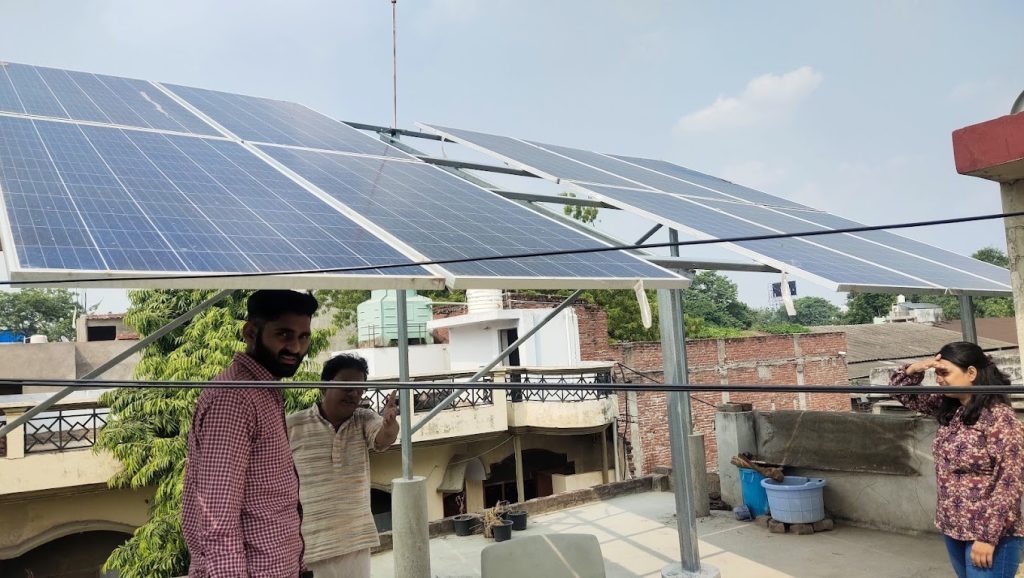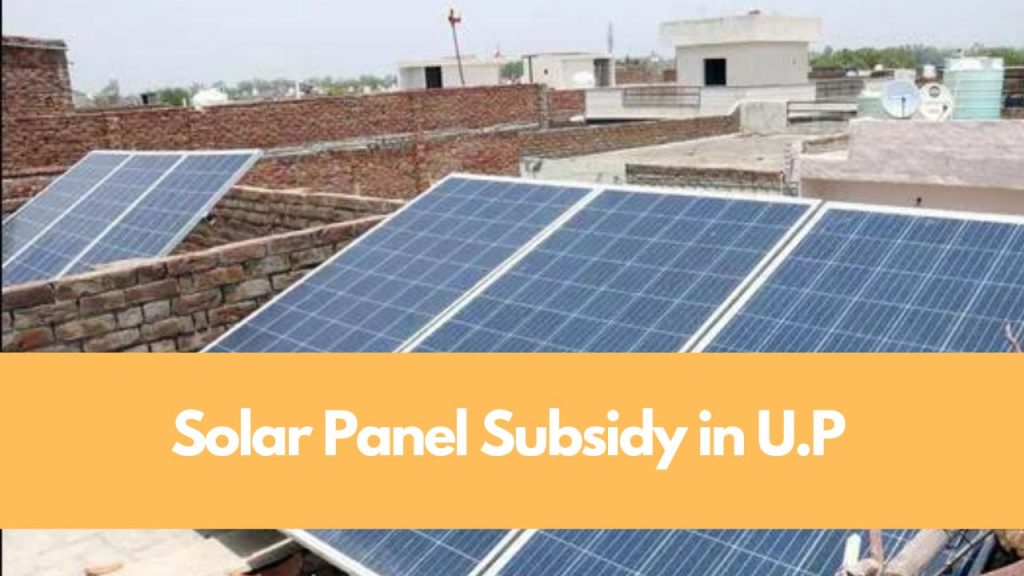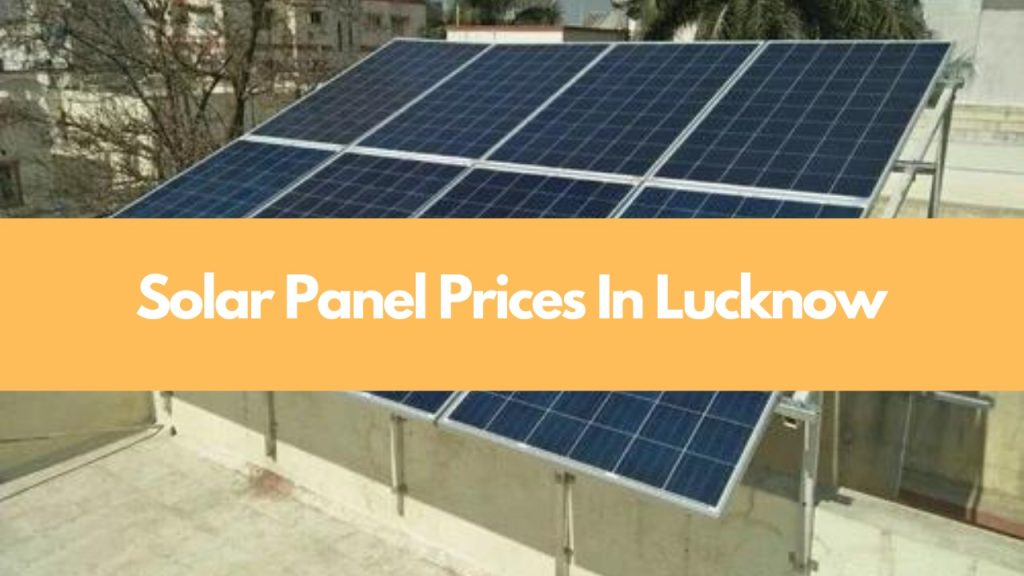Imagine powering your home with clean, renewable energy while saving on your electricity bills. With rooftop solar panels becoming increasingly affordable, this dream is now a reality for many homeowners. In this blog, we will explore the game-changing price drops that have made solar panel installations more accessible than ever before. From technological advancements to government incentives, we will uncover the factors behind this revolutionary shift toward affordable solar power.
The demand for solar panels for home use has been steadily increasing as more individuals and families recognize the numerous benefits they offer. Not only do solar panels help reduce electricity bills, but they also contribute to a greener and more sustainable future. However, before considering the installation of solar panels, it is crucial to understand the factors that determine their price. In this comprehensive guide, we will delve into the cost of solar panels for homes, explore regional variations in prices, analyze financing options, and highlight the environmental advantages of embracing solar energy.
Understanding the Cost of Rooftop Solar Panel
Rooftop Solar Panel prices can vary significantly based on several factors. The size and capacity of the system, the quality of the equipment used, and the intricacies of installation all impact the overall cost. It is crucial to understand these underlying factors to make an informed decision when investing in solar panels for your home.
Rooftop Solar Price Comparison: Home vs. Commercial Installations
Rooftop Solar Panel Prices for residential installations often differ from those for commercial or industrial installations. Understanding the variations can provide valuable insights for homeowners planning to go solar.
Homeowners installing solar panels typically have different requirements and expectations compared to large-scale commercial installations. Consequently, the overall price per watt might vary based on factors such as economies of scale, project size, preferred solar panel brands, and the level of customization required.
While residential installations often have higher per-watt prices due to their smaller scale, they often come with more favorable financing options and incentives that make solar panel installation for homes financially feasible. It is crucial to compare prices from reputable installers to ensure fair pricing and reliable service.
Breaking Down the Costs: Installation, Equipment, and Maintenance
When evaluating the price of solar panels for home use, it is essential to consider not only the initial installation cost but also the equipment and maintenance expenses involved.
- Installation Costs: This includes expenses related to permitting, labor, and overhead charges associated with the installation process.
- Equipment Costs: Solar panels, mounting frames, inverters, wiring, and other components make up the equipment costs.
- Maintenance Costs: Although solar panels require minimal maintenance, occasional inspection and cleaning are recommended. Budgeting for maintenance and repairs ensures optimal performance and longevity of the system.
Financing Options for Rooftop Solar Installation
Investing in solar panels can be a significant financial commitment. However, various financing options are available to make rooftop solar installations more affordable and accessible.
Government Incentives and Subsidies
Governments often provide incentives to promote renewable energy adoption. These can include subsidies, tax rebates, and feed-in tariffs. Researching and understanding the incentives available in your region can substantially reduce the cost of solar panel installations.
Residential Solar Loan Programmes
Many financial institutions offer specialized loan programs tailored to rooftop solar panel installations. These programs allow homeowners to spread the investment cost over an extended period, making solar energy more affordable. Carefully reviewing and comparing loan programs can help homeowners find the best financing solution that suits their needs and budget.
Tips for Choosing the Right Rooftop Solar Panel System
Selecting the right solar panel system can significantly impact the financial benefits and longevity of your investment. Consider the following factors when choosing a solar panel system for your home:
Assessing Energy Needs and Usage
Calculating your average energy consumption will help determine the size and capacity of the rooftop solar panel system you need. The goal is to generate sufficient solar energy to cover a significant portion of your electricity needs while optimizing financial benefits.
Evaluating Panel Efficiency and Warranty
Efficiency determines how effectively a solar panel converts sunlight into electricity. Higher efficiency panels may cost more initially but produce more electricity over their lifespan. Additionally, consider the warranty offered by manufacturers to ensure performance and durability.
Researching Solar Panel Brands and Installers
Research different rooftop solar brands and their track records of performance, reliability, and customer satisfaction. Additionally, consider hiring reputable installers with experience in residential installations. Reading reviews and seeking recommendations can ensure a hassle-free installation process.
Steps to Calculate the Return on Investment (ROI) for Solar Panels
One of the primary factors that influences the decision to invest in solar panels is the return on investment (ROI). Calculating the ROI helps homeowners understand the financial benefits they can expect over the system’s lifespan.
Estimating Energy Production and Savings
Using data on average sunlight availability, equipment efficiency, and your energy consumption patterns, you can estimate the energy production of your solar panel system and the resulting electricity bill savings.
Factoring in System Maintenance and Lifespan
Solar panels typically have a lifespan of 25–30 years. While they require minimal maintenance, including occasional cleaning and inspections, it is important to account for any maintenance expenses when calculating the ROI.
Determining Payback Period and Long-Term Benefits
By factoring in installation costs, energy savings, and any available financial incentives, homeowners can determine the payback period—the time it takes to recover the initial investment through energy bill savings. Additionally, consider the long-term benefits, such as increased property value and reduced carbon footprint.
Environmental Benefits of Rooftop Solar Panels
Apart from financial advantages, solar panels offer numerous environmental benefits, supporting the global shift toward cleaner and more sustainable energy sources.
Reducing Carbon Footprint
Solar energy is a clean and renewable energy source that does not release harmful pollutants or greenhouse gases during operation. By switching to solar panels, homeowners can significantly reduce their carbon footprint and contribute to combating climate change.
Mitigating Environmental Impact
Traditional electricity generation heavily relies on fossil fuels, which contribute to air and water pollution. Rooftop Solar enables homeowners to generate their electricity from a clean and sustainable source, reducing the overall environmental impact of energy consumption.
The price of rooftop solar for home use varies depending on numerous factors such as system size, panel efficiency, and installation complexity. When considering solar panel installations, it is crucial to analyze regional variations in prices, explore financing options, and evaluate long-term benefits. Investing in solar panels not only leads to substantial long-term savings but also contributes to a greener and more sustainable future. Start exploring rooftop solar options and take the first step towards a brighter and more environmentally friendly home.
For queries related to Rooftop solar Installation Contact Umangot Solar.



